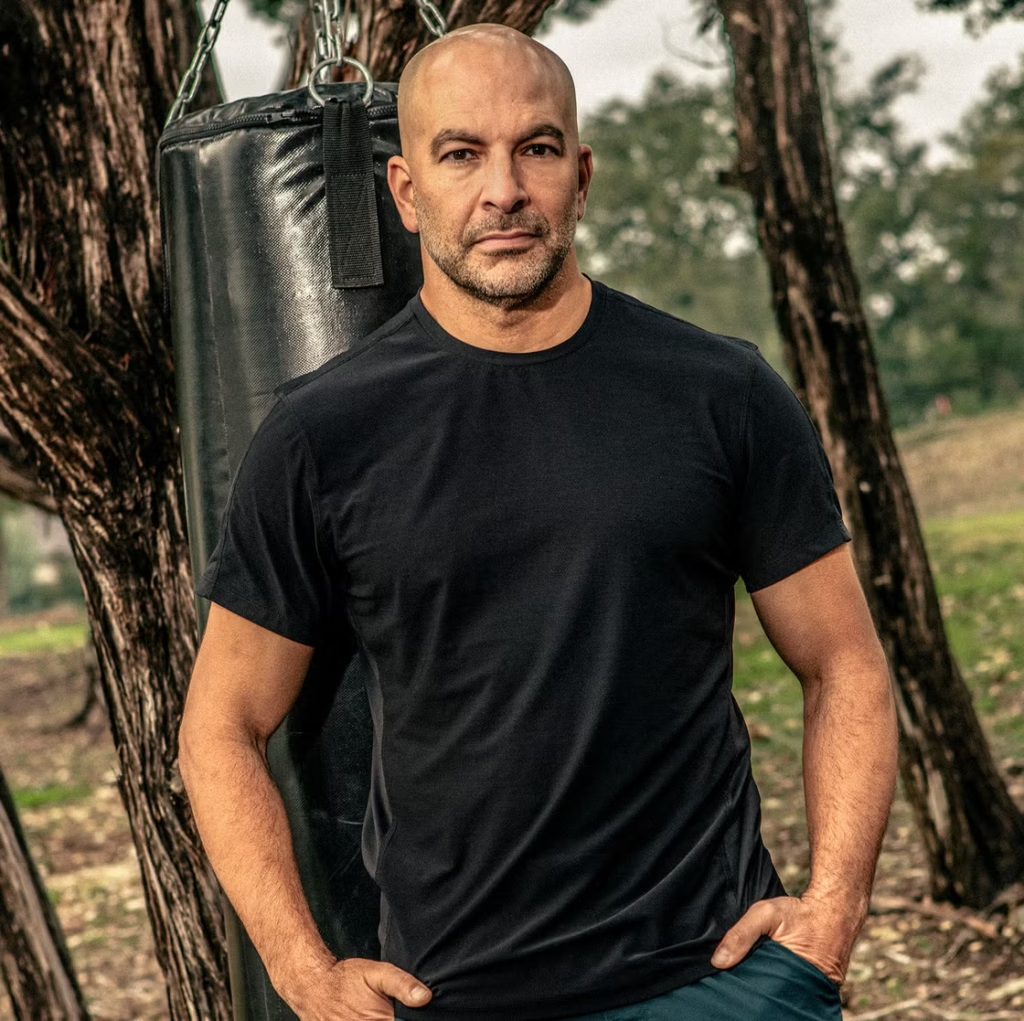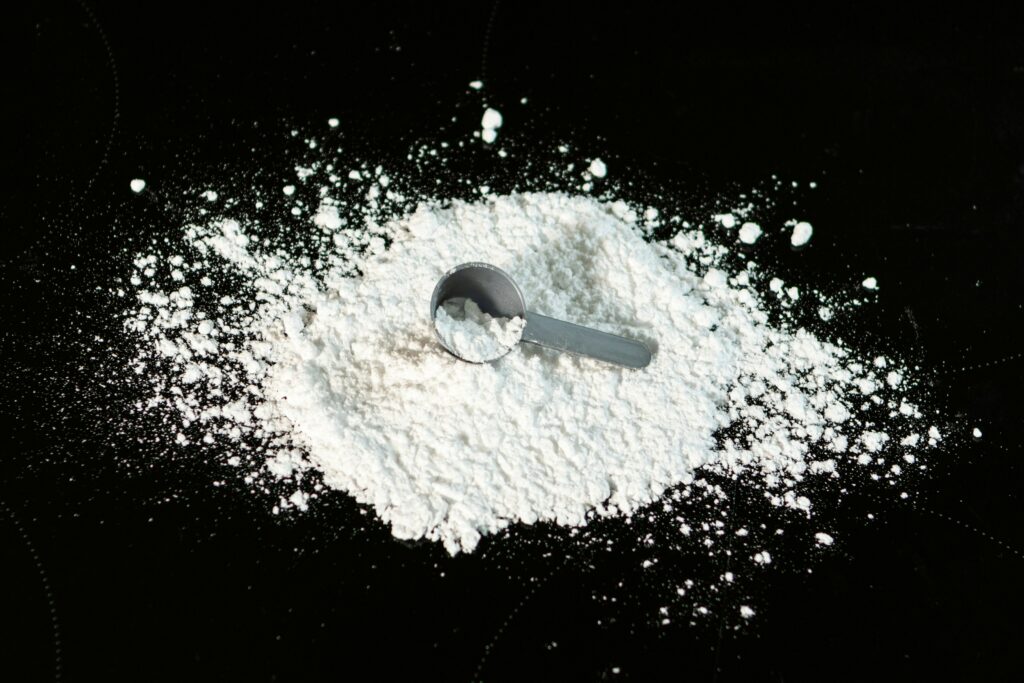Get your blood flowing
I work out three times a week, either running or lifting. Exercise helps keep your blood vessels flexible and healthy. That’s especially important in the penis, which has some of the smallest vessels in the body. If they can’t deliver blood, you can’t get an erection. And if this is the case, get your heart checked. Guys who develop ED – even in their 40s – have a good chance of seeing other heart-disease symptoms within the next two or three years.
Don’t fear a Strategic cut
I was circumcised as an adult.
Chronic dry skin meant cracking in the foreskin, and it became a problem to be hygienic no matter what kinds of creams and lotions I tried. Now I just wash with water (no harsh soaps), and I don’t use a moisturiser. Not everyone needs a circumcision, and not everyone needs a moisturiser. But don’t be afraid to take advantage of them if you think they’ll help you stay comfortable.
Distinguish between fact and fantasy
I don’t have a need or desire to watch porn, but urologists are concerned about how it can leave many men thinking their penis size and stamina are inadequate. Some will then spend a lot trying to change that. I remind them that the average erect penis is five inches and that healthy penises capable of great sex come in all sizes.
Check your stream
Urination is a vital function of your penis, and I discovered I had a kidney stone recently when I saw that my urine was red. Other signals your urine stream gives you: straining, pushing, dribbling and feeling like you can’t empty can indicate an infection, scarring from an STD or prostate issues. Get these signals checked out.
Give things a rest
I try to get enough sleep, because it allows the body the time it needs to rebalance. Chronic sleep loss can cause testosterone to drop, which suppresses your desire and ability to have an erection. Sleep loss is also linked to body fat. Extra fat converts testosterone to estrogen more quickly, so it’s tougher to maintain healthy T.













